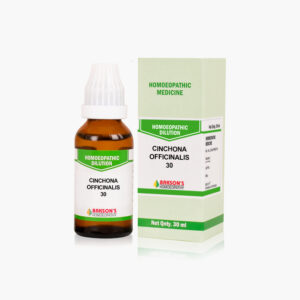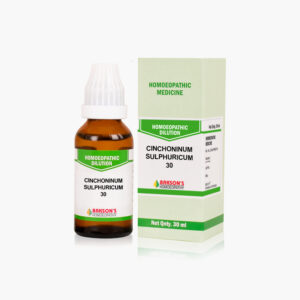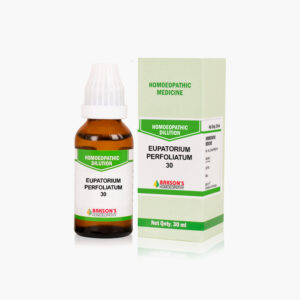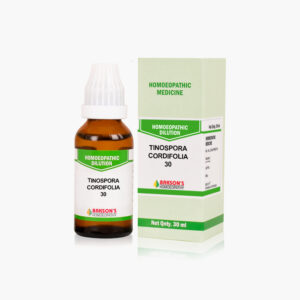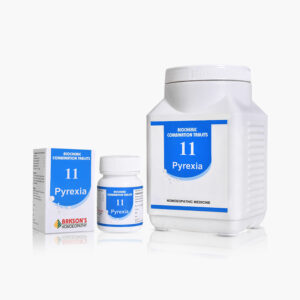What is Malaria?
Malaria is a life-threatening disease caused by Plasmodium parasites that are transmitted to people through the bites of infected female Anopheles mosquitoes called as malaria vectors.
Total of 5 species cause malaria in human beings, of which 2- P. falciparum and P. vivax are the severe oneעs in its clinical presentation. In 2019, there were an estimated 229 million cases of malaria worldwide.
Risk factors
People residing in the countries with malaria transmission are at a greater risk of having the disease. Travellers migrating to the affected countries can also be infected. An infected mother can transmit the malaria to the infant before or during the delivery. People who are exposed to the bites of the mosquitoes infected with P. falciparum are at the highest risk of death from malaria.
Other population groups like children under 5 years of age, and pregnant women are also at a considerably higher risk.
Transmission
The intensity of the transmission depends on factors related to the parasite, the vector, the human host, and the environment. Transmission is more common in the areas where the mosquitoes’ lifespan is longer (example, Africa). Also, the infection is at its peak during and just after the rainy season as Anopheles mosquitoes lay their eggs in areas where there is shallow collection of water.
Sign and symptoms
Symptoms may begin within 10 days to 4 weeks after the infection. P. vivax and P. ovale are relapsing kinds of malaria. The disease is an acute febrile illness and the first reported symptoms are fever, headache and chills. In the case of P. falciparum, the treatment must begin within 24 hours.
Children with severe malaria frequently have symptoms like severe anaemia, respiratory distress in relation to metabolic acidosis, or cerebral malaria. In adults, multi-organ failure is also common.
Diagnosis
Clinical diagnosis is based on the symptomology and physical examination of the patient. Microscopic diagnosis through blood smear of the patient on a slide is the gold standard test for confirmation of malaria. Other tests like Rapid Diagnostic Tests (RDT’S) and PCR are also used for the detailed investigation of the disease.
General management
Eradication of the disease remains the primary which cannot be accomplished without the primary care and management. Measures like indoor ant mosquito spraying, insecticide treated bed nets, good antenatal/paediatrics care and proper distribution of antimalarial drugs are recommended.
Self-medication is contraindicated in malaria.
Warning: Above information provided is an overview of the disease, we strongly recommend a doctor’s consultation to prevent further advancement of disease and/or development of complications.
Disclaimer: The information provided herein on request, is not to be taken as a replacement for medical advice or diagnosis or treatment of any medical condition. DO NOT SELF MEDICATE. PLEASE CONSULT YOUR PHYSICIAN FOR PROPER DIAGNOSIS AND PRESCRIPTION.



 Login
Login

